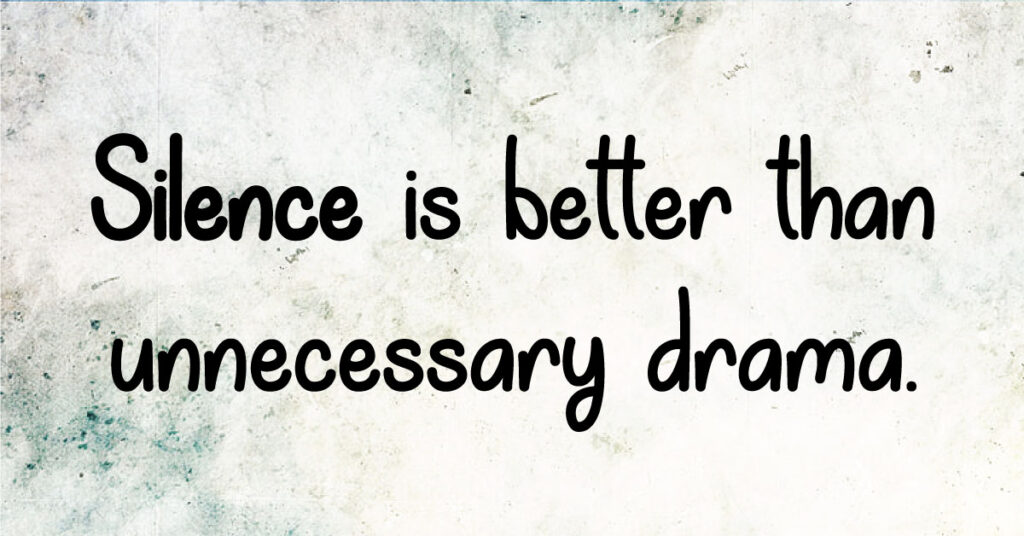Narcissists often use manipulation and exploitation to gain what they want, regardless of how it may affect those around them. They may rely on charm and flattery to appear endearing while maneuvering those around them in order to get what they desire. Additionally, narcissists are adept at using emotional tactics such as guilt-tripping or gaslighting to get their way. As a result, people involved with narcissists often feel used and betrayed, unable to stand up against their powerful manipulation.
Here are 8 signs of dealing with a narcissist can include
Grandiose fantasies and beliefs of superiority in comparison to others
Narcissists often have grandiose fantasies and beliefs of superiority in comparison to others. They may believe that they are smarter, better-looking, or more successful than their peers, even if objective evidence proves otherwise. This false sense of superiority can be seen through a narcissist’s inflated ego and confidence level, as well as their haughty attitude. A narcissist might also try to make themselves the center of attention in any situation by acting superior and demanding special treatment.
An intense need for attention and admiration
Narcissists have an intense need for attention and admiration from others. They will often go to great lengths to ensure that they are the center of attention in any given situation, and may become frustrated or angry if their needs for attention are not met. Narcissists may also be craving approval from those around them and become defensive or hostile if such approval is not forthcoming. Additionally, narcissists tend to be very competitive with their peers and may feel a strong need to outshine them in order to receive praise or recognition.
Lack of empathy or ability to connect emotionally with others
Narcissists often have a lack of empathy or an inability to connect emotionally with others. They may have difficulty understanding how their actions and words affect those around them, believing that they are above criticism and consequence. Consequently, this lack of caring or concern can lead to strained relationships with family, friends, colleagues, and even romantic partners. Furthermore, narcissists’ egos make it difficult for them to accept any kind of guidance or advice from anyone else, as they may view these suggestions as a challenge to their superior status.
A sense of entitlement, expecting special treatment or agreement with their views
Narcissists often have a strong sense of entitlement, expecting to be treated differently or provided with special treatment. This can manifest in a number of ways, such as demanding that their ideas and opinions be prioritized over everyone else’s and expecting agreement with their views even if the other party has valid points of disagreement. Additionally, they may become frustrated or angry if they do not receive the attention or approval they feel entitled to, which can lead to conflict in relationships.
Uncontrolled envy and resentment toward those perceived to be successful
Narcissists often experience uncontrolled envy and resentment towards those they perceive to be more successful than them. This envy can manifest in extreme forms of competition or passive-aggressive behavior, as the narcissist seeks to undermine the other person in an attempt to boost their own sense of superiority. Additionally, the narcissist may become jealous and resentful of any perceived success by others, feeling that it casts a negative light on their own achievements or detracts from their own importance.
Manipulative behavior, using guilt-tripping, gaslighting, or other tactics to get what they want
Narcissists often use manipulative tactics to get what they want, such as guilt-tripping, gaslighting, or other forms of emotional manipulation. These tactics are often used to increase the narcissist’s sense of control over the situation, while also circumventing any potential arguments or objections by manipulating the emotionality of the situation. Additionally, these tactics can be used to exploit those around them for their own gain, leaving everyone involved feeling helpless and powerless to resist.
Taking advantage of people without feeling guilty
Narcissists often take advantage of people without feeling guilty or remorseful about it. They may lack empathy and be willing to manipulate, exploit, and even hurt others if it serves their own interests. Narcissists are often adept at manipulating the emotions of those around them in order to get what they want, which can lead to those involved feeling used, betrayed, and confused. This behavior often reinforces the narcissist’s sense of power and control, leaving everyone else feeling helpless against their manipulation.
The exploitation of others for personal gain
Narcissists often exploit others for their own personal gain. They may believe that they are entitled to take whatever they want, regardless of the consequences it has on others. This can include using emotional manipulation tactics such as guilt-tripping, gaslighting, or lying in order to get what they want. Additionally, narcissists may use charm and flattery to appear endearing while manipulating those around them to get what they ultimately desire. The effects of this kind of behavior can leave those involved feeling used, betrayed, and helpless against the narcissist’s manipulation.








